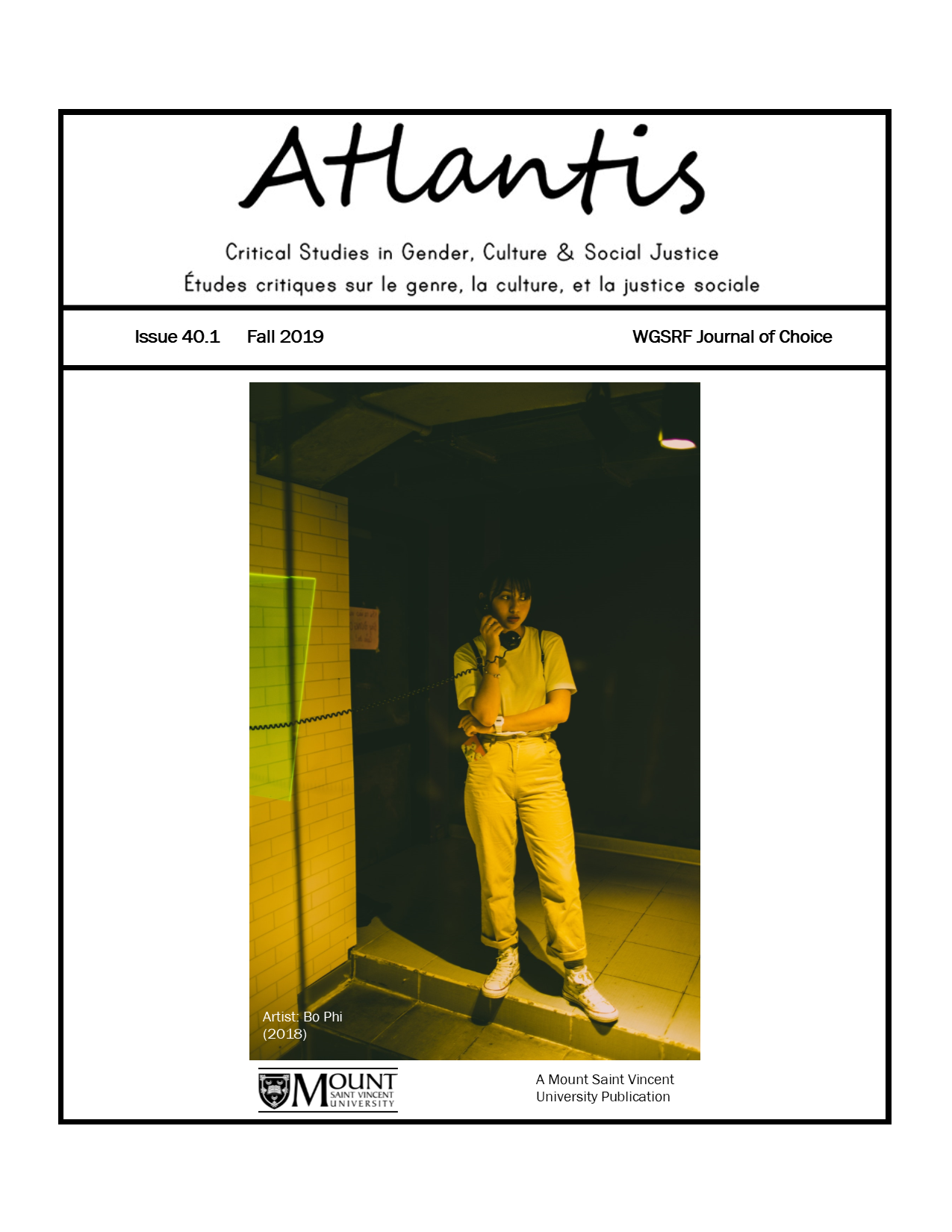The Impossibility of a Future in the Absence of a Past: Drifting in the In-Between
Keywords:
drift, intimacy, decoloniality, kinning, refusalAbstract
In this collaborative paper, we bring the work of Billy-Ray Belcourt, Leanne Betasamosake Simpson, Dionne Brand, and M. NourbeSe Philip into conversation in order to consider the concept of drift. Drawing on drift as both metaphor and methodology, we argue that drifting is not aimless or passive, as dictionary definitions suggest; rather, as a form of refusal, to follow the work of Eve Tuck and K. Wayne Yang (2014a, 2014b), it can be understood as resistance to colonial gestures of capture and containment. Inherently mobile, drift revels in inadvertent assemblages and volatile juxtapositions that reveal the artifice of the worlds we currently inhabit, in the process making new worlds possible. In this way, we suggest that drift is necessarily decolonial, in that it is premised on different ways of interacting among human, non-human, and more-than-human. Working through themes of intimacy, love, origins, dirt, and accountings, we argue that drift can be more productively read as an agential mode of kinning, making, and thinking together.
Metrics
Downloads
Published
Issue
Section
License
Authors who publish with this journal agree to the following terms:
1. Authors retain copyright and grant the journal right of first publication, with the work simultaneously licensed under a Creative Commons Attribution 4.0 International License that allows others to share the work with an acknowledgement of the work's authorship and initial publication in this journal.
2. Authors are aware that articles published in Atlantis are indexed and made available through various scholarly and professional search tools, including but not limited to Erudit.
3. Authors are able to enter into separate, additional contractual arrangements for the non-exclusive distribution of the journal's published version of the work (e.g., post it to an institutional repository or publish it in a book), with an acknowledgement of its initial publication in this journal.
4. Authors are permitted and encouraged to preprint their work, that is, post their work online (e.g., in institutional repositories or on their website) prior to and during the submission process. This can lead to productive exchanges, as well as earlier and greater citation of published work. Read more on preprints here.






